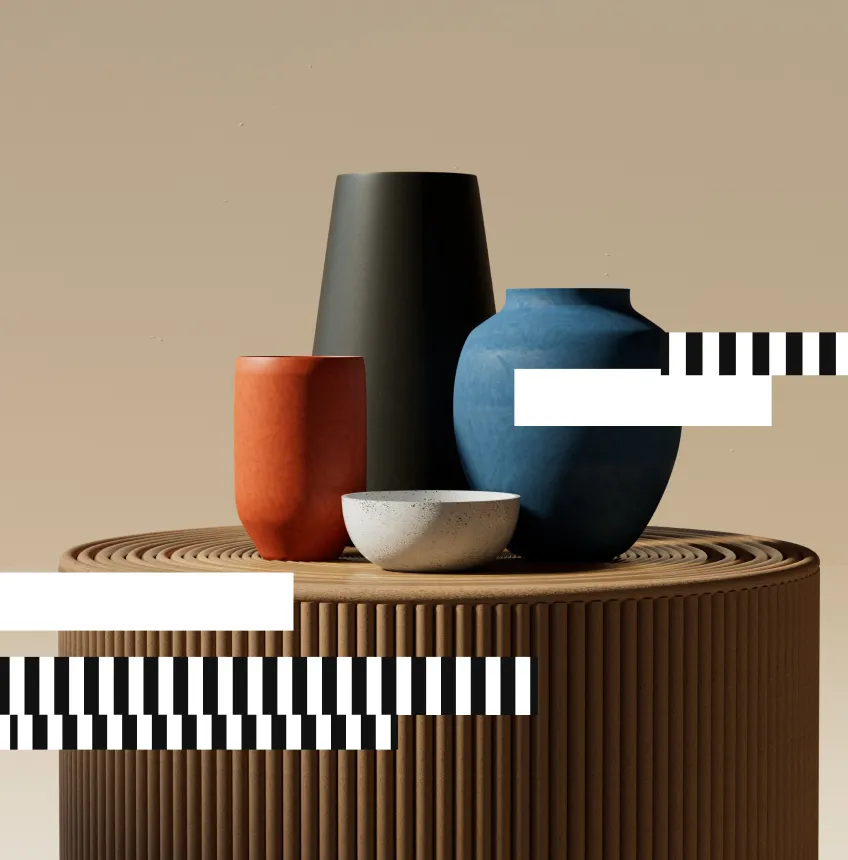De-Monetization On YouTube: What To Do And How To Protect Yourself?
As a social media protection company, we understand how important it is for creators to protect their income on YouTube. De-monetization can be a frustrating and challenging issue to deal with, but with the right tools and strategies, you can prevent it and recover from it.
What is De-Monetization On YouTube?
De-monetization occurs when your channel loses its ability to generate revenue through ads, sponsorships, and other forms of monetization. This can happen for a variety of reasons, such as violating YouTube's community guidelines, copyright infringement, or false accusations.
How To Prevent De-Monetization On YouTube?
- Familiarize yourself with YouTube's Community Guidelines: Make sure you understand the rules and guidelines that govern content on YouTube. Violating these guidelines can lead to de-monetization and even the suspension of your channel. Some key guidelines to keep in mind include avoiding hate speech, nudity or sexually explicit content, and violent or graphic content.
- Create Original Content: Avoid using copyrighted material in your videos without permission. If you must use third-party content, make sure you have the proper licenses and permissions. Using original content is not only a great way to avoid copyright issues, but it can also help you stand out on the platform.
- Monitor Your Comments Section: Make sure your comments section is free from spam, hate speech, and other types of inappropriate content. YouTube may de-monetize your channel if it perceives that you are not properly moderating your comments. Use comment filters and moderation tools to keep your comments section clean.
- Engage with Your Audience: Building a loyal and engaged audience can help boost your channel's visibility and prevent de-monetization. Respond to comments, create community events, and promote your content through social media and other channels to connect with your audience.
How to Recover from De-monetization on YouTube
- Review YouTube's Policies and Guidelines: Understand why your channel was de-monetized and what you can do to address the issue. You may be able to make changes to your content or channel to regain monetization status. YouTube's Creator Academy offers a wealth of resources on how to create YouTube-friendly content and avoid de-monetization.
- Appeal the Decision: If you feel that your channel was unfairly de-monetized, you can appeal the decision through YouTube's appeal process. Be sure to provide any relevant information or evidence to support your case. Keep in mind that the appeal process can take several weeks or even months, so be patient and persistent.
- Seek Professional Help: Consider working with a company like Spikerz to protect your channel from future de-monetization and to help you recover from any losses you may have experienced. Spikerz's de-monetization protection service monitors your channel for potential issues and alerts you immediately so you can take action to resolve the issue. We also offer shadowban protection to ensure that your account is protected from being shadowbanned by Instagram or other social media platforms.
How Spikerz Can Help
At Spikerz, we offer a range of services to help protect your income on YouTube. Our de-monetization protection service monitors your channel for potential issues and alerts you immediately so you can take action to resolve the issue. We also offer shadowban protection to ensure that your account is protected from being shadowbanned by Instagram or other social media platforms.
In addition, our content compliance technology scans your content and videos for potential issues that could lead to de-monetization, such as copyrighted material, inappropriate language, or other violations of YouTube's community guidelines. By catching these issues before they can.














